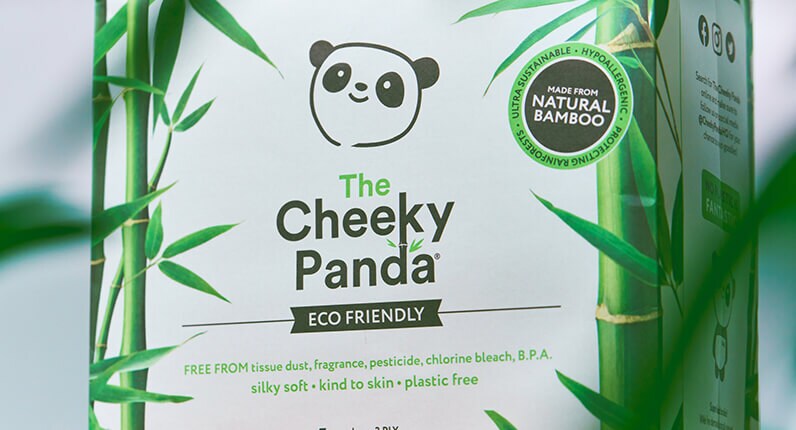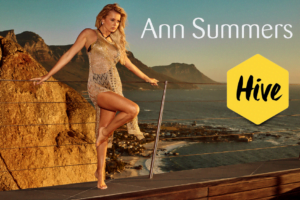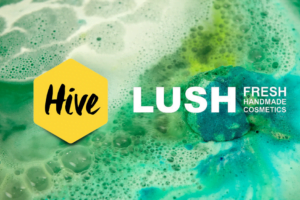Hive Heroes:
Can you build a sustainable business and still stay competitive?
The Retail Hive’s Ed Lawson chats to David Carter about how The Cheeky Panda is navigating that exact question—from the carbon cost of bamboo to the backlash against paper-wrapped nappies. It’s an honest look at the decisions behind the brand.
David Carter
COO, The Cheeky Panda
You can’t be perfect, but you can be better—and we’re always looking for ways to move in the right direction.”
David, Cheeky Panda is known as a purpose-driven brand. How does sustainability fit into the core of the business?
It is the business. From day one, we’ve been about doing better—using bamboo instead of cutting down trees, finding more sustainable packaging, and trying to push innovation in the right direction. We were one of the first to move away from plastic and start wrapping toilet roll in paper. That’s not easy at scale, but we chose to do it differently.
Is that a clear USP that resonates with your customers?
Absolutely. There are lots of cheaper options out there, but our customers care about quality and the impact of their choices. They want to feel like they’re doing something good. That said, it’s not always smooth sailing. We brought out nappies wrapped in paper and got real pushback—people actually preferred the plastic wrap. So, we do listen. Sometimes the market isn’t quite ready for what we’re trying to do, and we have to adapt.

You mentioned your bamboo comes from China. Some people might argue that undermines the environmental benefits—what’s your take?
It’s a fair question, and it comes up a lot. Yes, bamboo is grown in China—but trees used in UK-made toilet roll aren’t grown in the UK either, often coming from North America. So, there’s a transport footprint either way. The key thing for us is that we use sea freight wherever possible, which is far more carbon-efficient. It’s not perfect, but it’s better. And that’s really our philosophy. You can’t be perfect, but you can be better—and we’re always looking for ways to move in the right direction.
It’s not just about the product anymore—it’s about the business behind it.”
And does that ethos translate into the people side of the business?
Massively. We attract people who want to work for a brand with purpose. These days, there are degrees in sustainability—people come out of university wanting to work somewhere that aligns with their values. And when it comes to doing business in the B2B sectors, those values matter too. Certifications like B Corp and EcoVadis are now part of the procurement conversation. It’s not just about the product anymore—it’s about the business behind it.
What’s your take on carbon offsetting?
People are wary of offsetting these days. Offsetting can feel like a box-ticking exercise. Most customers would rather see action they can understand—cutting waste, reducing packaging, using renewable resources and lowering emissions—rather than paying to make the problem go away elsewhere.




